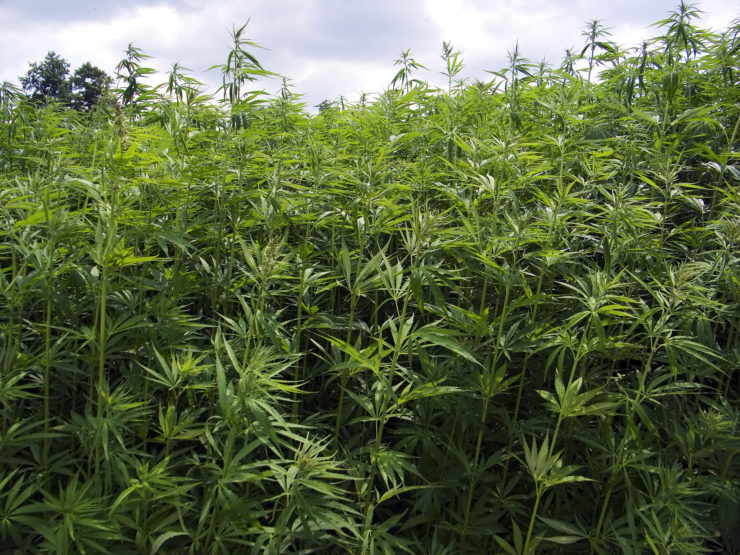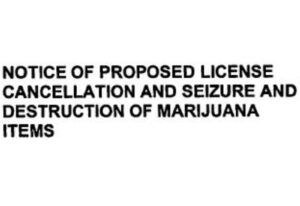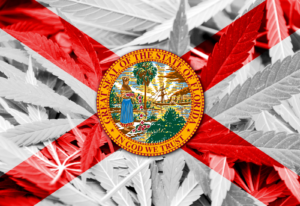
Last week, California’s industrial hemp bill, SB 1409, received a unanimous passing vote from committee. We last wrote about SB 1409 in March, and the legislation has undergone some changes, warranting a new summary of what has been proposed.
Currently, California law regulates the cultivation of industrial hemp, and specifies certain procedures and requirements on cultivators, not including an established agricultural research institution. Existing law defines “industrial hemp,” via the California Uniform Controlled Substances Act, as a fiber or oilseed crop, or both, that is limited to the non-psychoactive types of the plant Cannabis sativa L. and the seed produced from that plant.
Existing California law also requires that industrial hemp only be grown by those on the list of approved hemp seed cultivars. That list includes only hemp seed cultivars certified on or before January 1, 2013. Industrial hemp may only be grown as a densely planted fiber or oilseed crop, or both, in minimum acreages. Growers of industrial hemp and seed breeders must register with the county agricultural commissioner and pay a registration and/or renewal fee.
SB 1409 proposes to delete the exclusionary requirement that industrial hemp seed cultivars be certified on or before January 1, 2013. Additionally, “industrial hemp” would no longer be defined restrictively in the California Uniform Controlled Substances Act as a fiber or oilseed crop, and the bill would delete the requirement that industrial hemp be grown as a fiber or oilseed crop, or both. We initially presumed this would allow cultivators to harvest hemp for CBD derivation, and related use, but given the recent FAQ issued by the California Department of Public Health effectively banning the sale of CBD food products, how hemp-derived CBD in California will be regulated in the future remains to be seen.
SB 1409 would also authorize the state Department of Food and Agriculture to carry out, pursuant to the federal Agricultural Act of 2014, an agricultural pilot program for industrial hemp. Twinning a state-sanctioned pilot program with licensed, private cultivation is a model that has worked well in other states, like Colorado and Oregon.
Since its last incarnation, some other provisions have been added to beef up SB 1409, including more detailed requirements for sampling and laboratory testing of industrial hemp. The bill will provide new time frames for sampling of industrial hemp and destruction of hemp that exceeds the 0.3% THC limit.
Also of note, and sort of unfortunately, the bill adds a provision to the Food and Agricultural Code giving local jurisdictions the ability to ban industrial hemp cultivation in limited circumstances:
“A city of county may, upon a finding that pollen adrift from industrial hemp crops may pose a threat to licensed cannabis cultivators permitted by the city or county, prohibit growers from conducting, or otherwise limit growers’ conduct of, industrial hemp cultivation in the city or county by local ordinance, regardless of whether growers meet, or are exempt from, requirements for registration pursuant to this division or any other law.”
As stated above, we’ll be very interested to see how the issue of industrial hemp-derived CBD plays out in California, and whether the passage of SB 1409 would do anything to change it. In the meantime, if you are unfamiliar with the current legal status of hemp-derived CBD food products in California, we recommend reading the CDPH’s FAQ and checking out our post on the topic here. We’ll continue to monitor this bill and all hemp-related developments in California closely.
For more on industrial hemp generally (including CBD), check out our wealth of archived posts here.























